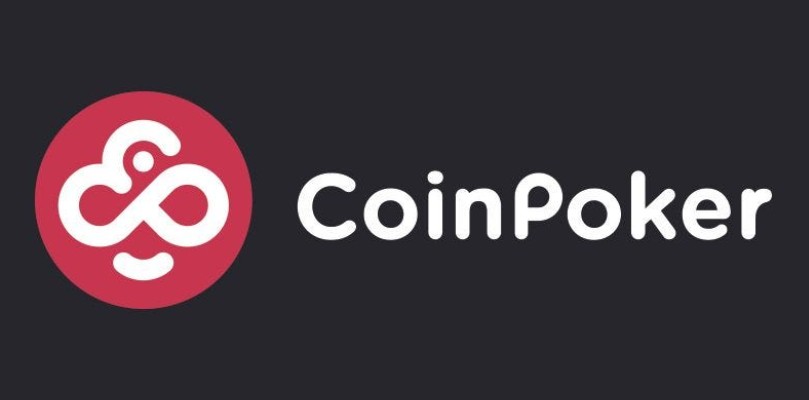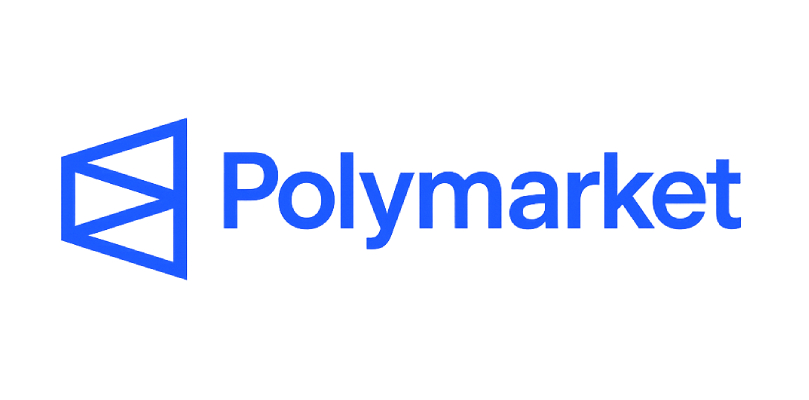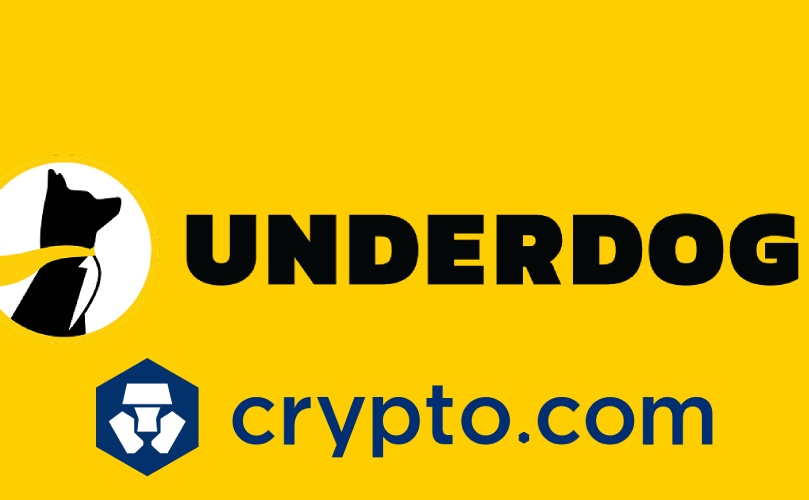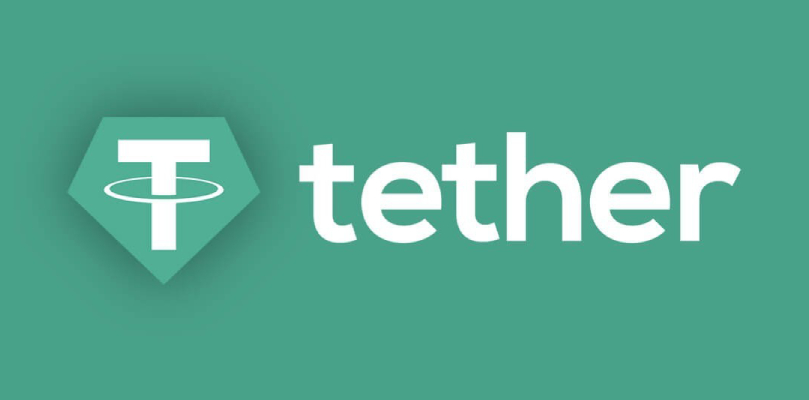As we settle into 2026, the search for the most promising cryptocurrencies is heating up once again as the industry gains more traction. Player focus has shifted from chasing every hype token to dabbling more in spotting projects with clear use cases and real adoption that can enhance gaming and payments.
From Bitcoin Layer 2 innovations to AI-driven platforms and community-focused tokens, a handful of projects are already gaining traction and could define crypto activity in gaming circles this year. Looking for a mix of utility and innovation? Well, these might deliver just that.
Layer 2 Solutions Taking the Lead?
Bitcoin Hyper ($HYPER) continues to draw attention as Bitcoin’s first Layer 2 scaling solution, offering staking rewards of up to 41% APY. Its faster transaction capabilities make it particularly appealing for casino deposits and governance participation. Since its launch in May 2025, Bitcoin Hyper has steadily grown its ecosystem, combining scalability with meaningful utility for users.
Arbitrum and LiquidChain ($LIQUID) are also leading the way in multi-chain and Layer 2 adoption. Arbitrum boasts nearly 290 bridged projects with significantly lower transaction fees, while LiquidChain unifies liquidity across Bitcoin, Ethereum, and Solana, providing seamless cross-chain opportunities. That is perfect for crypto casinos exploring multi-chain payments.
For Lovers of Meme Tokens
Meme-based tokens remain a strong trend in early 2026. Maxi Doge ($MAXI) has emerged as a next-generation Doge-inspired token with staking rewards, community events, and gamified features appealing to Bitcoin casino audiences. SpaceXRP similarly leverages community engagement, offering interactive staking experiences tied to XRP news and missions.
Meanwhile, Solana-based Gassed Token introduces a playful “fart-to-earn” mechanic in its P2E ecosystem, reflecting the growing appetite for gamified crypto interactions alongside traditional online gambling.
AI Gaming
AI continues to be all the buzz, and blockchain has not been left behind in 2026, creating opportunities beyond simple token speculation. SUBBD ($SUBBD) offers AI-powered content creation with staking and creator incentives, while Vortex FX ($VFX) integrates AI-driven trading strategies with token-based governance. Render provides distributed GPU rendering solutions, and BMIC ($BMIC) delivers quantum-resistant wallet security.
DePIN and Web3 Integration
Decentralized networks and Web3 adoption are key to scaling crypto usage in gaming. Storj offers secure, decentralized cloud storage, while Toncoin integrates with Telegram, connecting millions of users and making crypto interactions accessible. Solana, as a high-speed Layer 1 blockchain, continues to support gaming applications with low fees and fast transactions, making it a strong foundation for online casinos and blockchain-based entertainment.
So, which one speaks to your needs?








